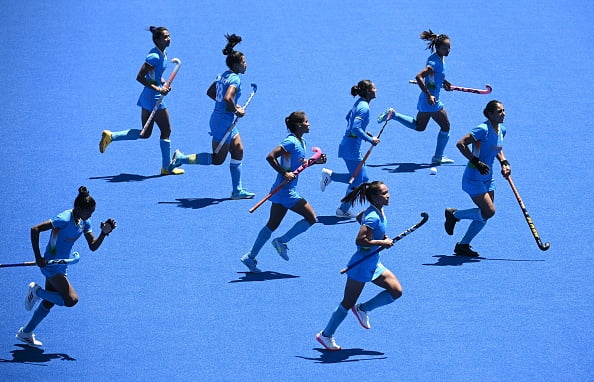In the realm of sports, a surge in self-confidence that, in turn, cultivates both physical robustness and mental well-being can be highly transformative. This transformative journey not only enables women to adeptly manage their homes and professions but also contributes to heightened workplace efficiency, subsequently fostering economic growth.
As women increasingly outperform and make more substantial contributions, the amalgamation of improved self-esteem, physical health, and professional prowess becomes a driving force propelling socioeconomic advancement.
Boosting confidence – a catalyst for personal and professional growth
From an early age, boys are socialised into a sports culture that emphasises the imperative of projecting confidence and concealing any signs of fear or vulnerability. This expectation permeates the very fabric of sporting activities, where the pressure to perform confidently is not just a skill but a societal norm. Whether stepping up to bat or engaging in any competitive game, the mandate is clear – act with unwavering confidence, irrespective of inner apprehensions. This performance of confidence is not confined to the field; it’s a transferable skill that often propels individuals into crucial positions within professional environments.
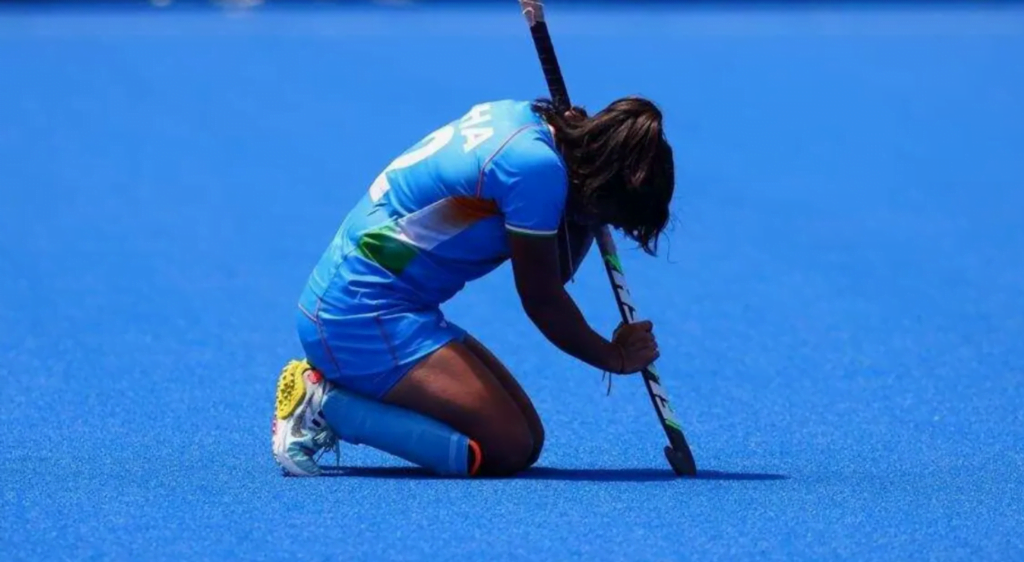
Employees adept at practising the illusion of confidence, displaying calmness under pressure and projecting assurance in their abilities, often find themselves in pivotal roles and are more likely to be recognised as starters. This ability to make tasks appear effortless, coupled with a reduced need for constant reinforcement, positions them as valuable assets in various domains.
Conversely, research illuminates a transformative aspect of sports on the confidence levels of girls and women. Those engaged in sports exhibit markedly higher levels of confidence and self-esteem while reporting lower incidences of depression.
Beyond the psychological benefits, participation in sports fosters a more positive body image, contributing to an overall state of heightened psychological well-being. This divergence in confidence levels underscores the unique and empowering impact of sports on the mental resilience and self-perception of girls and women. In essence, the culture of projecting confidence in sports not only influences success within athletics but also catalyses enhanced confidence and well-being in the broader spectrum of life.
The Endorphin effect
Engaging in sports not only enhances overall health but also serves as a powerful tool for stress relief and mental well-being, particularly for women. The physical activity involved in sports triggers the release of endorphins, the brain’s feel-good neurotransmitters, leading to a heightened sense of well-being. This surge in endorphins, often colloquially known as a “runner’s high,” is not exclusive to running but extends to any aerobic activity, such as playing tennis or going on a nature hike.
Moreover, sports help mitigate the negative effects of stress by stimulating the body’s natural response to stressors, fostering a practice that enhances the coordination of various bodily systems. This, in turn, protects the cardiovascular, digestive, and immune systems, guarding against the detrimental impacts of stress.
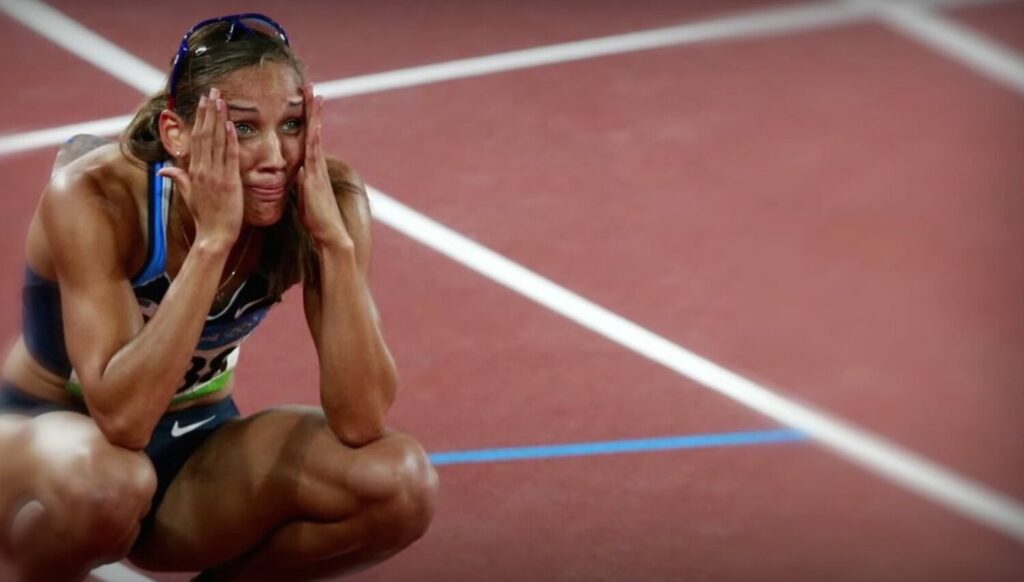
Engaging in sports can be likened to “meditation in motion,” where the focus shifts entirely to the physical activity at hand. Whether it’s a brisk game of racquetball, a refreshing run, or laps in the pool, the immersive nature of sports allows individuals to temporarily escape daily irritations and concentrate solely on their body’s movements.
Beyond the physical benefits, regular participation in sports contributes significantly to mental well-being. It increases self-confidence, improves mood, and has a positive impact on symptoms of mild depression and anxiety. Additionally, sports-induced improvements in sleep quality address disruptions caused by stress, depression, and anxiety.
As women incorporate sports into their routines, they stand to gain unique advantages in stress relief. The holistic nature of sports, combining physical activity, mental focus, and the camaraderie of team engagement, offers women a comprehensive approach to managing stress levels. The benefits extend beyond the playing field, empowering women with a sense of control over their bodies and lives, fostering resilience, and promoting a positive outlook.
Impact of sports on economic growth & development
While the accomplishments of women athletes in India, including Saina Nehwal, MC Mary Kom, Sania Mirza, and PV Sindhu, serve as beacons of inspiration and empowerment, it’s crucial to recognise that their journey to economic empowerment has not been devoid of gender-based discrimination. These remarkable athletes have not only shattered records in their respective sports but have also confronted societal norms and stereotypes, transcending the limitations imposed on women in sports.
In addition to their athletic prowess, these women have significantly contributed to the economic growth and development of the country. Saina Nehwal’s historic bronze at the London 2012 Olympics not only made her an icon for Indian youth but also contributed to the nation’s recognition as a force in international badminton. MC Mary Kom, with her six world titles and unwavering commitment, has been a trailblazer, showcasing that women can excel in traditionally male-dominated sports, challenging the notion that boxing is solely a “man’s sport.“
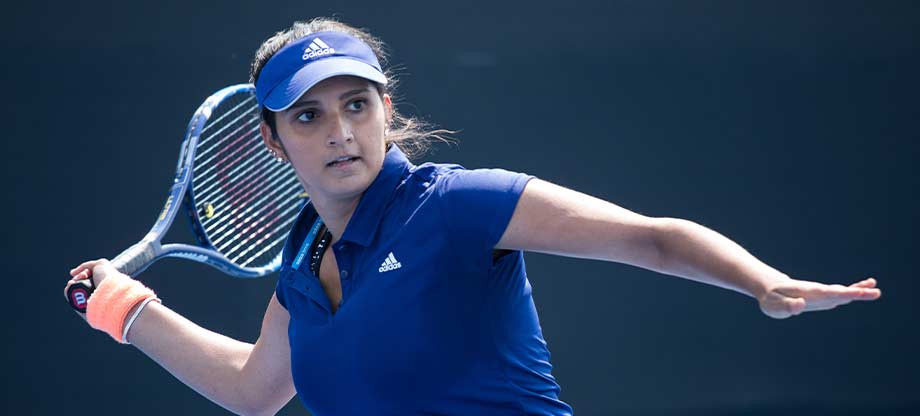
Furthermore, Sania Mirza’s return to professional tennis after becoming a mother highlights the resilience and determination required for women to balance professional sports and familial responsibilities. Similarly, PV Sindhu’s silver medal at the Rio 2016 Olympics and her historic win at the BWF World Championships have not only elevated her status but have also established India as a formidable contender in global badminton.
However, it’s crucial to note that despite their significant contributions to India’s sporting and economic landscape, these athletes have faced discrimination and gender biases. Their journey underscores the dual narrative of empowerment through athletic achievements and the persistent need to dismantle gender-based biases, promoting an inclusive environment that fosters economic growth through women’s participation in sports. As these women continue to redefine societal expectations, their impact extends beyond the playing field, influencing economic empowerment and challenging stereotypes in a way that propels the nation forward.
Paving the way for holistic advancement
In conclusion, the symbiotic impact of women in sports extends far beyond athletic achievements. It weaves a tapestry of confidence, mental resilience, and economic empowerment, shaping individual lives and societal norms.
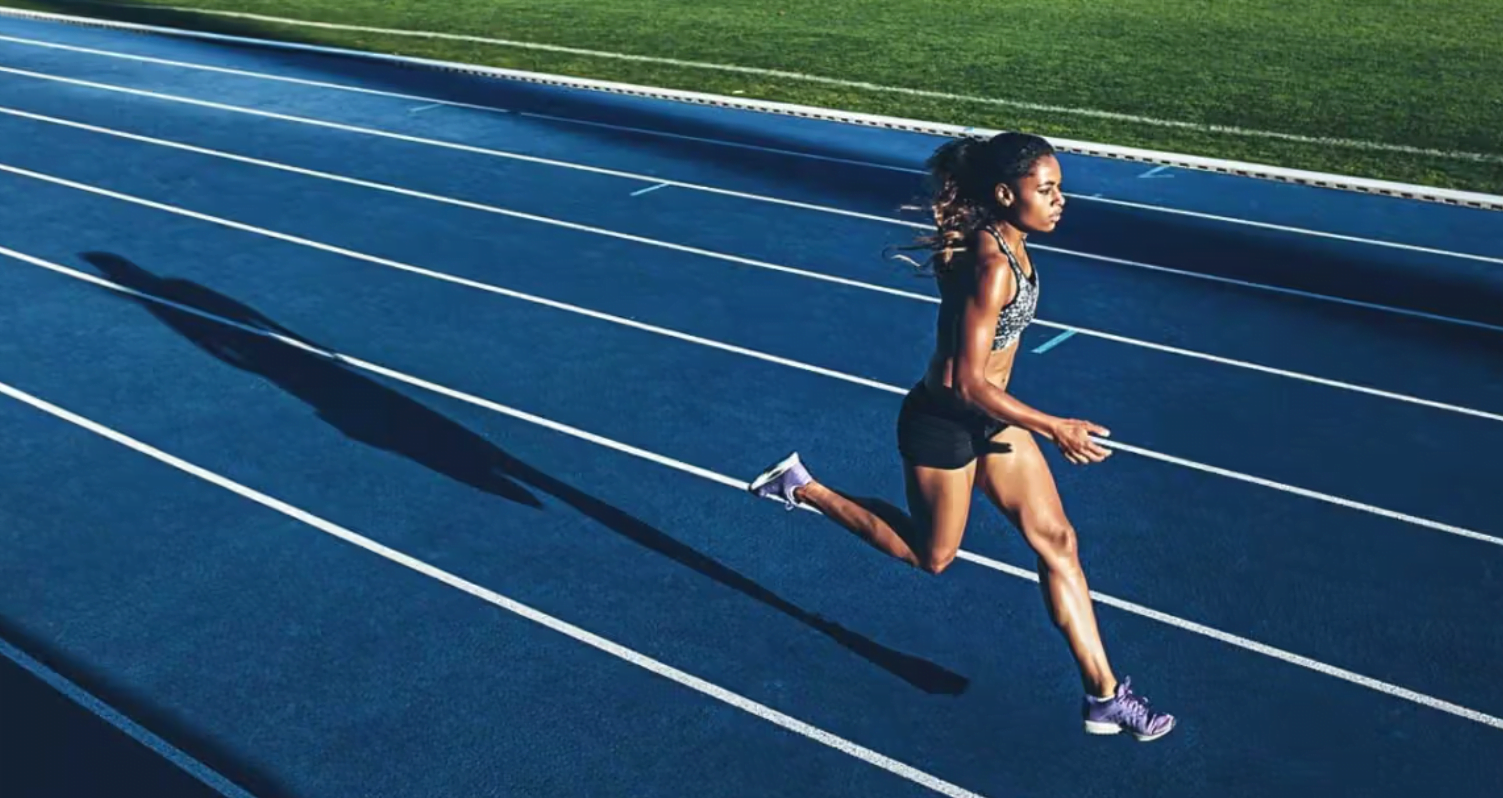
Policy Recommendations for Women in Sports
- Equal Opportunities for Women and Men:
- Implement and enforce policies that ensure equal opportunities for women and men in sports at all levels.
- Promote gender-neutral selection criteria, rewards, and recognition, fostering a fair and inclusive sporting environment.
- Safety Measures:
- Prioritise the safety of women in sports by establishing stringent protocols to address harassment, misconduct, and abuse.
- Create confidential reporting mechanisms to encourage the reporting of any incidents, ensuring swift and appropriate action is taken.
- Incentivise Gender Equality for Economic Growth:
- Develop policies that actively incentivise gender equality in sports, recognising it as a catalyst for economic growth.
- Encourage partnerships with private enterprises to support women’s sports, promoting financial investments and sponsorships.
- Equal Representation in Decision-Making:
- Advocate for equal representation of women in decision-making bodies within sports organisations.
- Promote diversity in leadership roles, ensuring women have a voice in shaping policies and strategies.
- Awareness Campaigns:
- Launch nationwide awareness campaigns to highlight the achievements and potential of women in sports.
- Challenge stereotypes and societal perceptions through media campaigns that showcase the diverse talents and capabilities of female athletes.
- Education and Physical Activity:
- Enforce the right of girls and women to participate in physical education, physical activity, and sports across educational institutions.
- Integrate sports and physical education into the curriculum, emphasising its importance for holistic development.
- Community Engagement:
- Establish community-based sports programs that actively involve girls and women, fostering inclusivity and breaking down cultural barriers.
- Collaborate with local organisations and influencers to champion women’s sports at the grassroots level.
- Mandatory Training on Gender Sensitivity:
- Implement mandatory training programs for sports officials, coaches, and administrators on gender sensitivity and inclusivity.
- Foster a culture of respect and understanding within sports organisations.
- Monitoring and Evaluation:
- Establish a monitoring and evaluation framework to assess the effectiveness of gender equality policies in sports.
- Regularly review and update policies based on feedback and changing societal dynamics.
- International Collaboration:
- Collaborate with international sports bodies to share best practices and align policies with global standards for gender equality in sports.
- Participate in forums and initiatives that promote women’s participation in sports on a global scale.
About the author(s)
Maria Mabood is a 24-year-old graduate with both Bachelor's and Master's degrees in Economics from Jamia Millia Islamia. She is an aspiring researcher, passionate about delving into the intricacies of economic theory.
Her enthusiasm lies in both writing and research, where she aims to combine her academic knowledge with creative expression. She is eager to contribute valuable insights to diverse topics and explore new horizons through collaborative efforts.
